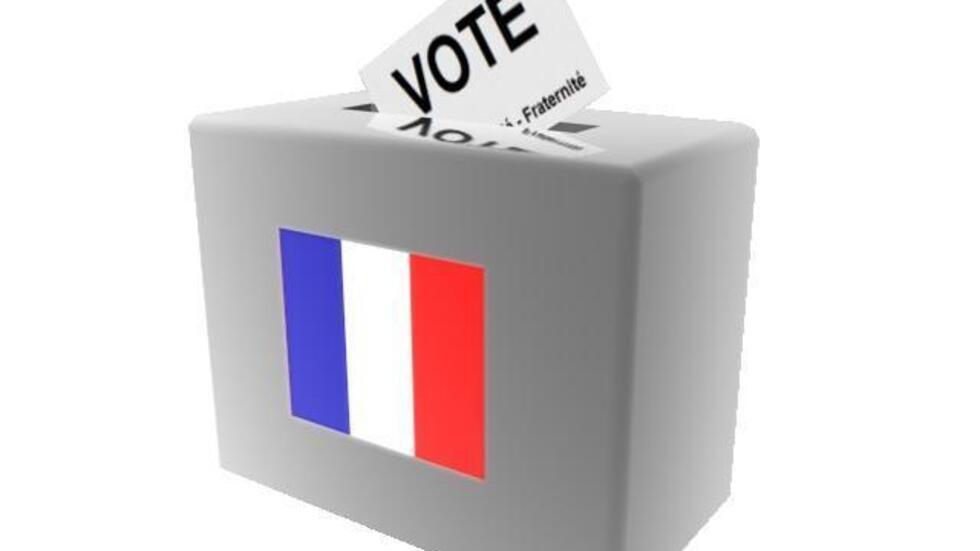France
How the French presidential election works
France is gearing up to vote in the ninth presidential election since the fifth republic was introduced in 1959. The first round takes place on 22 April. If there is no clear winner, there will be a second run-off round on 6 May. RFI explains the rules and regulations governing the vote.
Issued on: Modified:

Advertising
Who can be president?
- A French president can serve for a maximum of two five-year terms (changed from seven-year terms by former president Jacques Chirac.)
- Candidates must be French citizens. In order to stand they must first gather 500 signatures from elected officials (eg.mayors). Those who sign are sometimes called sponsors, though their signatures don't necessarily imply support for a candidate's ideas. The names of the sponsors are published shortly before the election date so mayors are careful about giving their signatures. The rule is designed to limit the number of frivolous candidates.
Who can vote?
- The president is directly elected by the French people, no electoral colleges as in US.
- Voters must be French citizens aged 18 or over.
- Voting is not compulsory.
How and when?
- The election nearly always has two rounds. In theory, if any candidate wins an absolute majority (50 per cent of the vote plus at least one extra vote) he or she is immediately elected. In practice, this has never happened. Charles de Gaulle came the closest, winning 44 per cent in the first round in 1965.
- Usually the two candidates with the highest scores in round one, face each other in a second round, held 14 days later. The eliminated candidates often advise their voters who to back, among the two remaining hopefuls. A candidate who comes second in the first round could win the presidency if he has broader support in the second round.
- Elections are always held on Sundays. Campaigns finish at midnight on the Friday before the vote.
- Voting stations open at 8 am and close at 6 pm in small towns, 8 pm in cities.
- Publication of results or estimates before 8 pm is illegal, but foreign radio, TV and internet sites now make estimates available before that time. For this reason, voting in French overseas constituencies in the Americas (eg. French Guiana, Martinique, Guadeloupe) as well as embassies and consulates there, now takes place on Saturdays in a special exemption.

Daily newsletterReceive essential international news every morning
Subscribe